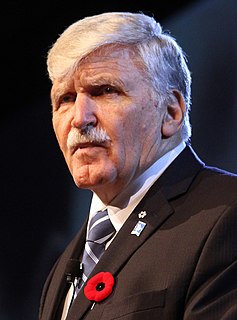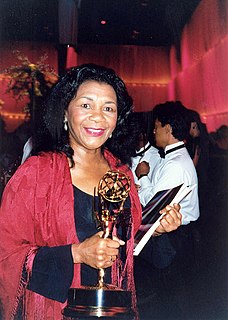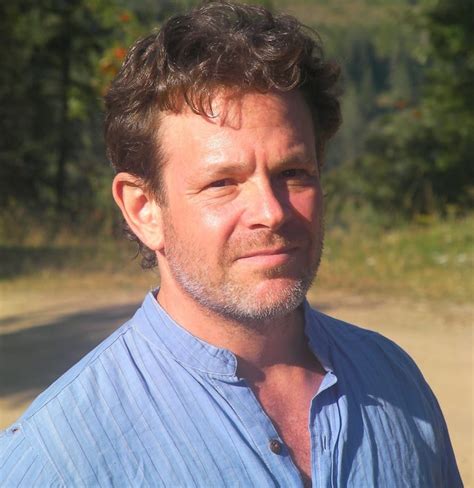A Quote by Romeo Dallaire
Those who are mastering more and more the communications revolution, those who realize that there are no borders in the world, are the ones who are going to leap ahead.
Quote Topics
Related Quotes
There is at the moment in the world a battle going on between those who are pursuing materialistic paths-globalizers of economic growth and those hell-bent on this 'big is better' idea-on the one hand, and on the other hand those who are dedicated to spiritual renewal, more small-scale development, more human scale, more sustainability, more crafts and arts. Where human beings are not just sold to companies and money and those kinds of things. Where human beings have a sacred path.
I won't say he [Shakespeare] 'invented' us, because journalists perpetually misunderstand me on that. I'll put it more simply: he contains us. Our ways of thinking and feeling-about ourselves, those we love, those we hate, those we realize are hopelessly 'other' to us-are more shaped by Shakespeare than they are by the experience of our own lives.
The communications revolution has given millions of people both a wider and more detailed understanding of the world. Because of technology, ordinary citizens enjoy access to information that formerly was available only to elites and nation-states. One consequence of this change is that citizens have become acutely conscious of environmental destruction, entrenched poverty, health catastrophes, human rights abuses, failing education systems, and escalating violence. Another consequence is that people possess powerful communication tools to coordinate efforts to attack those problems.


































